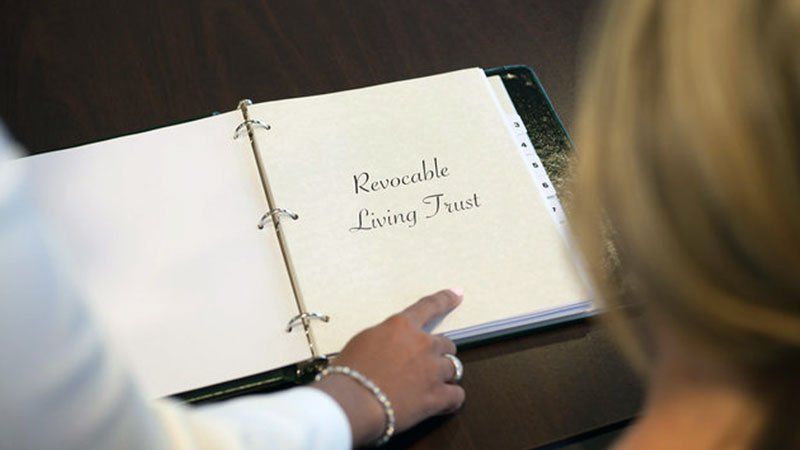Trusts
A living trust is a legal document that can, in some cases, partially substitute for a will. With a revocable living trust, your assets are put into the trust, administered for your benefit during your lifetime and transferred to your beneficiaries when you die—all without the need for court involvement.
Most people name themselves as the trustee in charge of managing their living trust’s assets. By naming yourself as trustee, you can remain in control of the assets during your lifetime. In addition, you can revoke or change any terms of the trust at any time as long as you are still competent. In your trust agreement, you will also name a successor trustee who will take over as trustee and manage the trust’s assets if you should ever become unable to do so. Your successor trustee would also take over the management and distribution of your assets when you die.
A living trust does not, however, remove all need for a will. Generally, you would still need a will—known as a pour over will—to cover any assets that have not been transferred to the trust.










